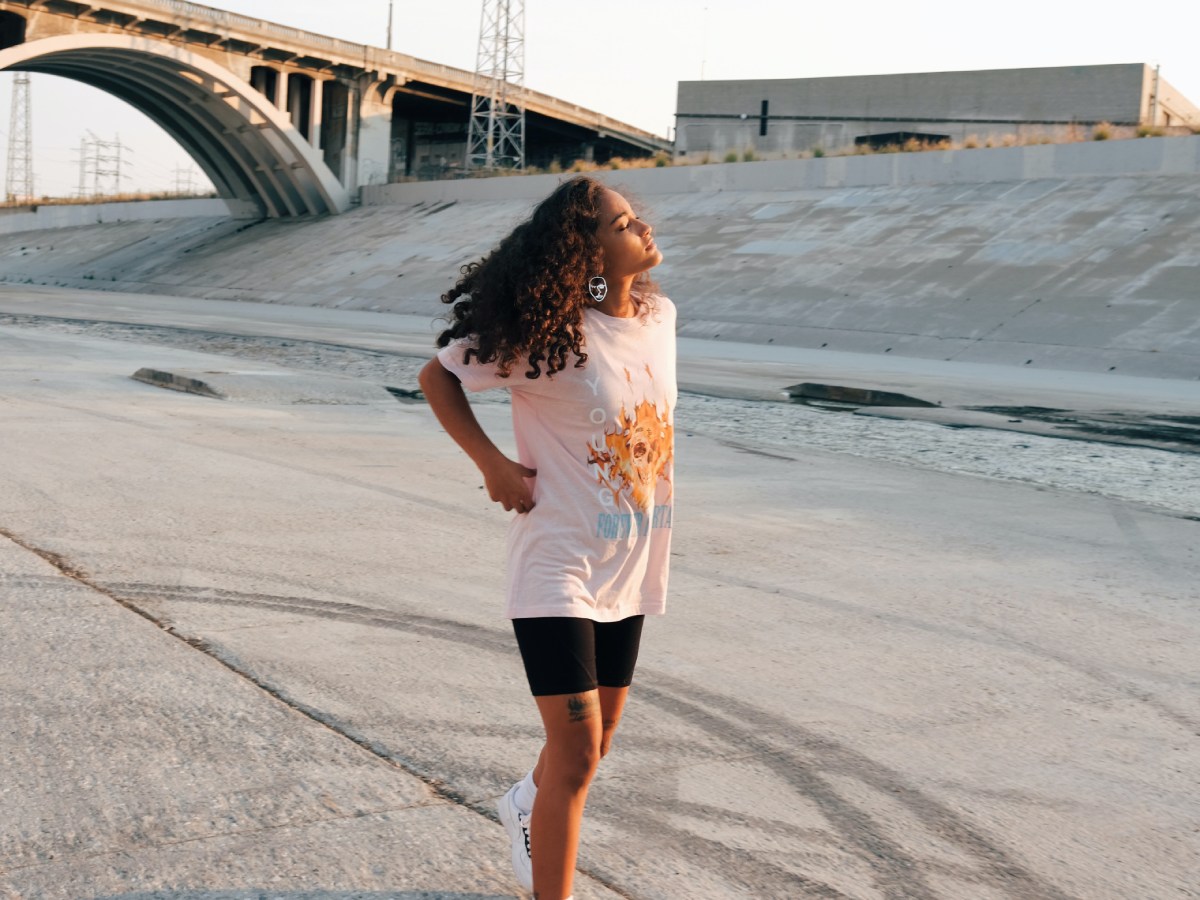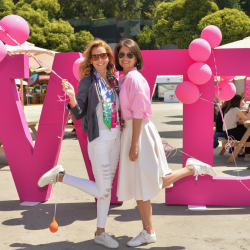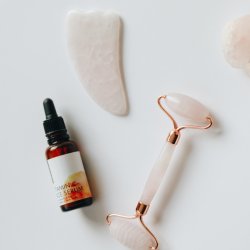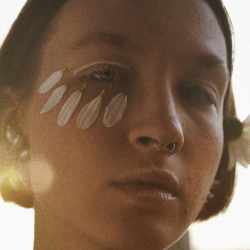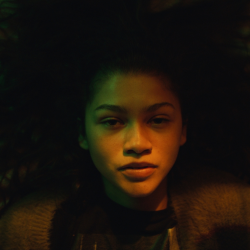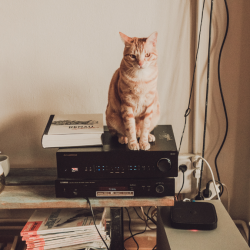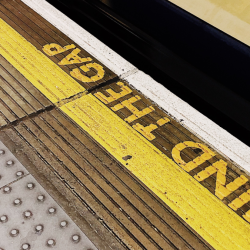Perhaps the biggest troll of late-stage capitalism is the growth of the healthcare and wellbeing industries — while people are struggling to thrive. In 2022 the wellness industry, valued at approximately $5tn, gave us CBD-infused leggings, H20 sommeliers and crystal healing water flasks — all while we became demonstrably less well, with life expectancy falling in some G7 nations.
This paradox led Interbrand to research 10,000 global consumers to explore what it takes to really thrive in a period that’s often overwhelming — and what permission brands have (if any) to help.
Firstly, people are worried right now: UK consumers are the most worried (89%) followed by USA (77%), India (74%), Germany (71%) and China (52%). Their worries ranged from how to manage the cost of living better (top concern for Americans, 52%) to the need for financial security (top concern in Germany, 44%), and the need to live more sustainably and even get a better night’s sleep.
We also found a problem for our industry. At the heart of the thrive challenge for many consumers was a sense that brands are complicit in people’s problems — what stood out was the breadth of brands feeding consumers’ sense of ‘overwhelm’. Fast fashion brand Shein was named by several Gen Zers as actively stopped them thriving. If you’re worried about the climate, a brand flooding your social media feeds with disposable clothes can feel cynical.
But here’s the kicker: separate research tracking Covid-related consumer behaviour told us that people who don’t think that a brand is ‘doing right’ and are pessimistic in outlook, are more likely to change their buying behaviour than those who feel optimistic. This is a Zero Tolerance Economy for brands with consumers much more sensitive to brand actions.
So, within this cultural context, what new expectations will emerge in 2023 and how can brands in the wellness space and beyond continue to thrive?
Positive human energy
In December 2022, The Wall Street Journal published an exposé on an emerging cluster of mental health apps using heavy marketing tactics to boost growth figures and secure investment — but which actively undermine mental health.
So, how can brands create better connections that produce better outcomes for customers and for their businesses?
We explored this with consumers and experts in co-creation sprints where we journeyed through the past, present and future of our technology-backed connections. What stood out across all the best connections was ‘positive human energy’ — the outcome of a great connection. It makes people feel good about themselves; it strengthens the relationship between people, things and brands. This emerging expectation — tied to notions of mutual benefit, shared value and customer-company reciprocal relationships — will gain credence in 2023, following some interesting examples that emerged in 2022.
Wordle, released by software engineer Josh Wardle in 2021, found mass appeal through positivity with its mind-stretching word puzzles. Refusing to commoditise human attention to service traditional metrics, it reinforces human connections by building community into the experience. By taking a more pro-social approach it became the most Googled word in the US in 2022, through advocacy and word-of-mouth.
The photo-sharing app BeReal is growing as traditional social media platforms experience declining audiences and use. Every day, the app encourages users to “be real” by taking a quick picture of whatever they’re doing at random moments, using the front and back camera for more candid and genuine snapshots of everyday life. Without likes, followers, ads and filters, BeReal is winning over Gen Z, amassing more than 2.9 million users and 20m downloads worldwide.
Any brand wanting to introduce positive human energy can start by asking three questions:
- What pain is my connection eliminating?
- How do people feel about themselves after the connection is made?
- What energy is my connection giving people?
They could be good for Shein to consider.
Featured image: Mike Von / Unsplash

















